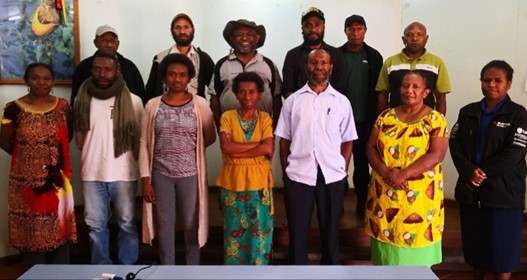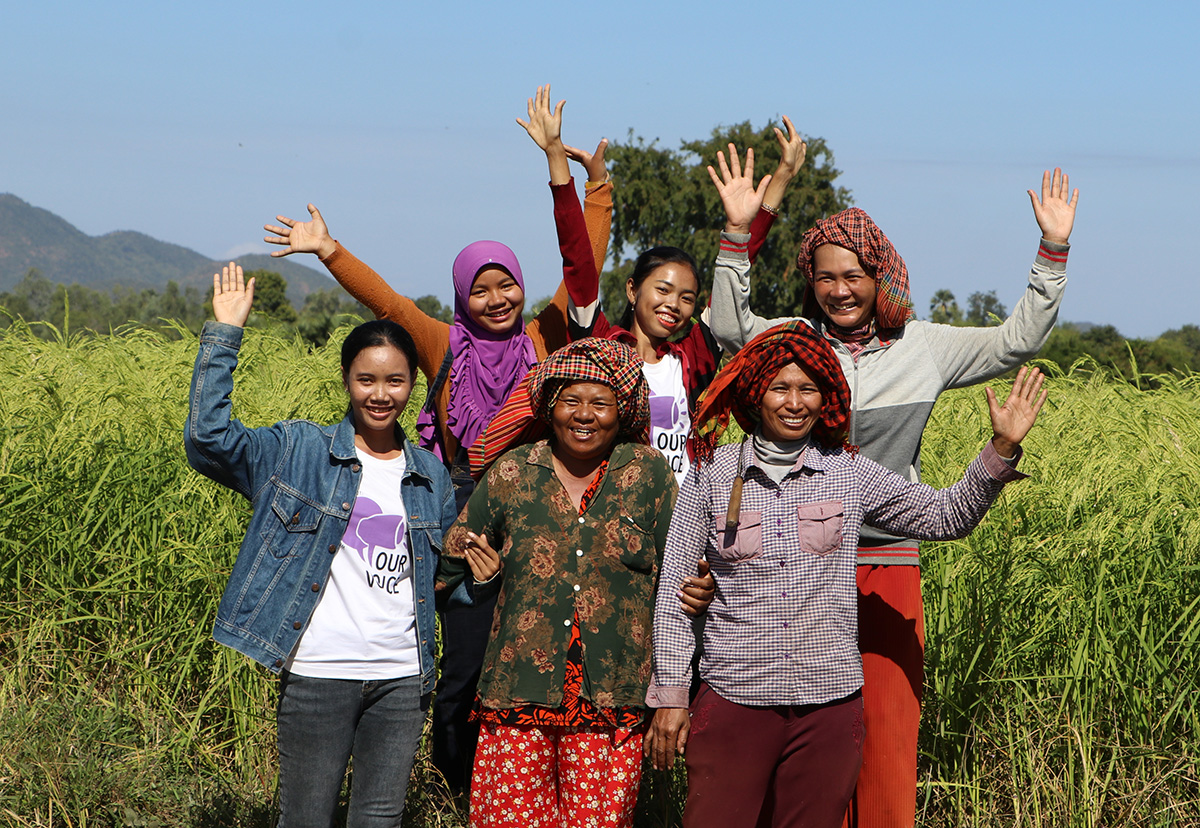The Women in Recycling Foundation new program launch
The Women in Recycling Foundation (WORF) is led by young women committed to promoting a healthy environment for women, young women, and women with disabilities by strengthening the waste management system, developing skills and knowledge, and empowering them through circular economy solutions.
Written by Zuhura Shaweji, CEESP member.
At WORF we believe everyone deserves a safe place and therefore this year we are launching a program for women in the circular economy.
About the program
The Women in Circular Economy program was launched on March 18th, 2023 with the aim of empowering women in the Makangarawe community through waste management and recycling activities. The program successfully trained 80 women on waste management awareness and recycling opportunities. The sessions covered waste management practices, opportunities for recycling, and government support for women's groups. The program identified ideas for recycling that women can work on as business projects and increased women's participation in waste management, leading to the formation of women's groups.
What is waste management? why is it important? and how to sort and segregate waste at the household level.
The session was delivered by Mr. Abdi, a very young man from the Human Dignity and Environmental Care Foundation (HUDEFO) and ECOHUB.
It became apparent that many of the women in attendance had not practiced proper waste management at home and were unaware of the consequences of improper waste disposal. This session served as an eye-opener for many participants and sparked a discussion on the importance of proper waste management practices.
Experience in waste management in the community
A waste management contractor in the Makangarawe community shared her experience in managing waste at her community. She explained that women were the most unaware of proper waste management, considering they produce most of the solid waste, including food waste at home, baby diapers, and sanitary pads. This topic sparked an interesting discussion about how to manage waste, starting from the household level. Women realized they didn't have enough knowledge on this topic.
Opportunities in waste management and recycling
Ms. Helena Sailas, a very young woman and the chairperson of the Women In Recycling Foundation presented the opportunities for women to implement recycling in their communities and increase their income levels through waste management and recycling. She used herself as an example of a person who had been doing waste management and recycling for four years, and the impact has been significant. She also shared other opportunities, such as recycling food waste into compost, recycling plastic waste, and recycling glass bottles into decorations. Ms. Sailas made the women feel empowered and gave them ideas to pursue.
Government’s role in supporting women's groups through government loans.
Mrs.Kayombo, the community development officer from Makangarawe ward, emphasized that the government is willing to support women, but the problem is that women do not have community projects that can convince the government to offer loans. She encouraged the women to work together with the Women in Recycling Foundation to create significant projects and increase their income levels.
Handover of how PETpro Tanzania helps circular economy solution initiatives
Mr. Nicholaus from PETpro Tanzania, the program's sponsor, explained how they help initiatives that aim to reduce plastic waste in communities. He expressed his readiness to continue supporting waste management and recycling initiatives like the Women in Circular Economy program.
Lastly, the outcome of this aim is to further develop the mission to address the pressing issue of plastic pollution and women's empowerment through plastic waste recycling in low-income regions, with a specific focus on Tanzania. The project's goal is to enhance the economic empowerment of women by establishing plastic microenterprises and strengthening their capacity to participate in the plastic value chain.
Currently, 8 million tons of plastic enter the ocean each year, with 80% originating from land-based sources. Developing countries, including Tanzania, face significant challenges in solid waste management and lack formal recycling infrastructure. This project recognizes the critical role of women in the informal sector, where they fill gaps in urban service delivery, particularly in waste management.
The lack of visibility and data on women's contributions to solid waste management and recycling hinder their recognition and the ability of stakeholders to measure progress and address gender inequalities. Our project aims to address this by providing visibility and support to women involved in the sector. We are also ready for partnership and support to implement this vision into reality.
GENERALLY, WORF BELIEVING IN SERVING WITH PURE PASSION FOR ENVIRONMENT SUSTAINABILITY.



